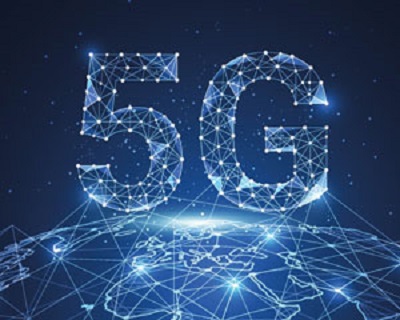Fitch Solutions, the research arm of Fitch Ratings, has expressed uncertainty over the viability of Ghana’s wholesale 5G national network to be led by a consortium of local entities and two players from India, alongside Nokia and Microsoft – collectively known as the Next Generation Infrastructure Company (NGIC).
According to Fitch Solutions, the viability of the country’s 5G project will be impacted by the dominance of 4G due to the fact that 4G and its handsets are the most commercially accessible to consumers.
The research firm further notes that usage of 5G among Ghanaians will be limited even after a decade of its rollout with approximately 21.2% of 5G connections made by 2033.
“Fitch Solutions forecast that only 21.2% of connections will be 5G by 2033, with 4G expected to remain dominant due to handset costs, as 4G handsets are currently the most commercially accessible to consumers. Limited usage, even after 10 years, is likely to weigh on the project’s viability,” quipped Fitch Solutions in a recent report perused by norvanreports.
Fitch Solutions also makes the argument that the initiative – which is emphasising the opportunity to minimise overall investments and thus keep costs low enough to permit affordability for all – although laudable, has met with little success in other markets, most notably in Mexico where the state-owned Altan Redes 5G network has consistently operated at a loss and is technically bankrupt due to its wholesale open access network model.
“We are also watching similar developments in Malaysia, where the Digital Nasional Berhad (DNB) project has fallen behind schedule. Established in March 2021, the project is being led by a special-purpose vehicle company owned by the government, which is collaborating with six mobile operators and service providers that have proved reluctant to participate. A change in government, issues with the vendor selection process, and a decision to establish a second wholesale 5G network have further clouded the long-term sustainability outlook for the project,” it added.
The 5G project to be undertaken by NGIC aims to enhance digital inclusion through the provision of low-cost network infrastructure services in the sectors of education, healthcare, machine-to-machine (M2M) communication, and payment services.
The Government has set an ambitious target to digitally connect the entire country over the next six years.
The country’s 5G infrastructure is set to be rolled out in September this year according to the Minister for Communications and Digitalisation, Ursula Owusu-Ekuful.
The 5G infrastructure promises to significantly bolster the nation’s digital capabilities.
Norvanreports





